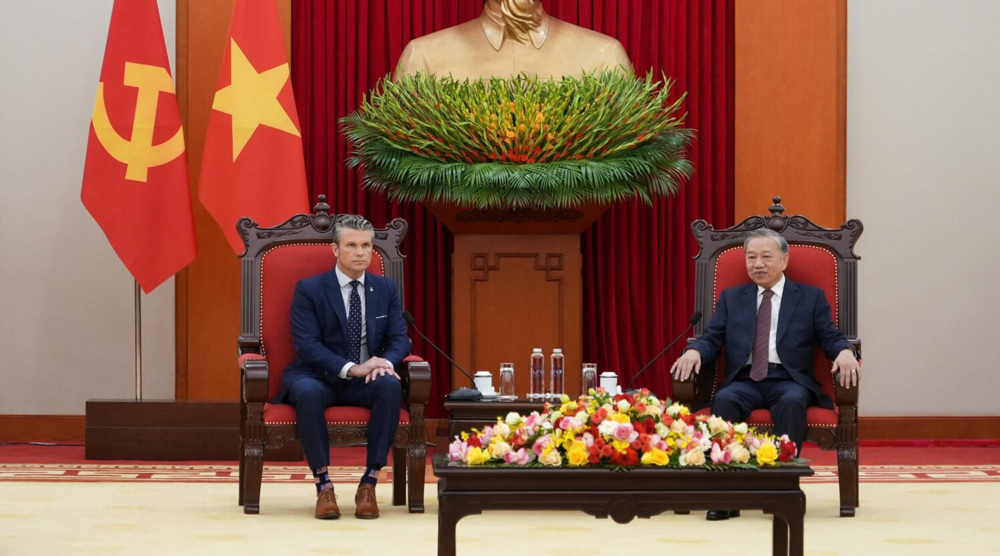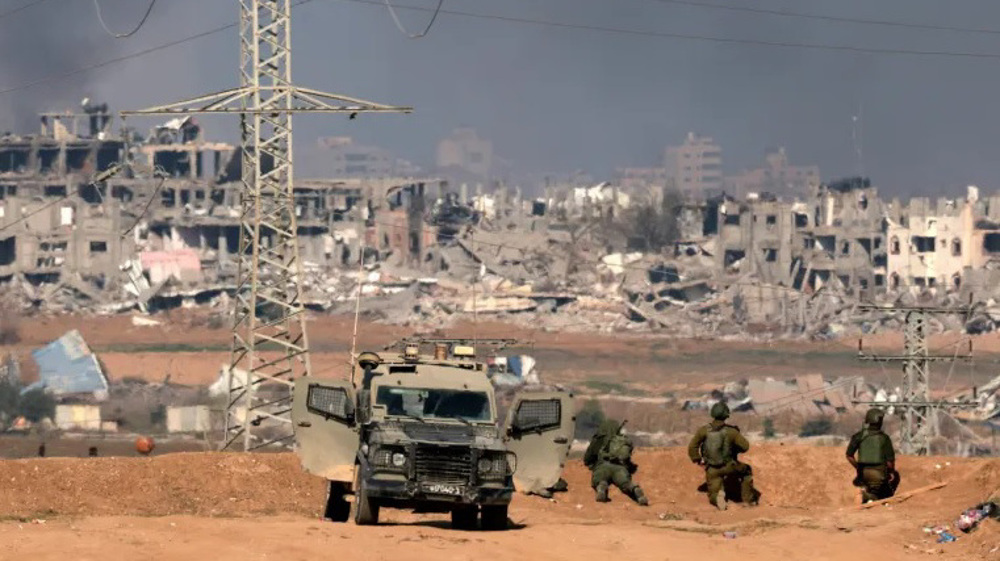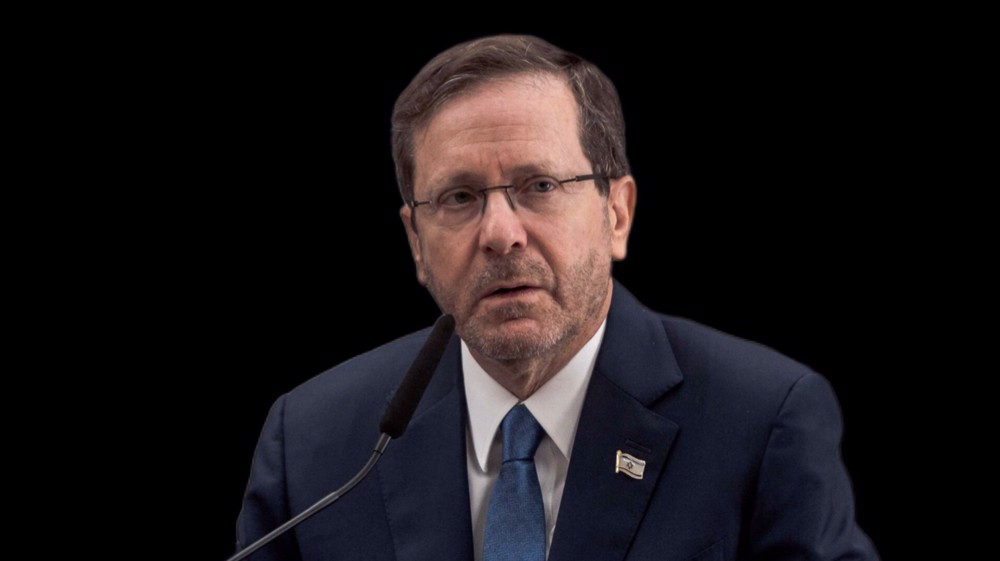Annan commission calls on Myanmar to end use of excessive force against Rohingya
A commission led by former UN chief Kofi Annan says Myanmar must scrap restrictions on movement for the persecuted Rohingya Muslim minority community and end use of excessive force against them in Rakhine state if it wants to avoid fueling extremism.
Speaking at the unveiling of the commission’s landmark report in Yangon on Thursday, Annan warned that failure to implement its recommendations could lead to more extremism and violence.
"Tensions remain high and the status quo cannot continue," Annan said, adding, “There is no time to lose, the situation in Rakhine state is becoming more precarious."
Annan heads a year-long commission that has been looking into ethnic and religious strife in beleaguered Rakhine state, where the Rohingya are subjected to persecution by local Buddhists.
Among the key recommendations by the nine-member panel was ending all restrictions on movement imposed on the Rohingya in Rakhine, and shutting down refugee camps. The camps hold more than 120,000 people in often miserable conditions.
The panel also called on Myanmar to review a controversial 1982 law that effectively bars some one million Rohingya from becoming citizens.
It also calls on Myanmar to invest heavily in the region and to allow the media unfettered access there.
"The commission has chosen to squarely face these sensitive issues because we believe that if they are left to fester, the future of Rakhine state, and indeed Myanmar as a whole, will be irretrievably jeopardized," Annan said.
Myanmar should respond to a crisis over its Muslim Rohingya community in a "calibrated" way without excessive force, the report said.
The United Nations has yet to designate Myanmar’s crackdown on Muslims as ethnic cleansing, which the UN says could have been an issue since the arrival of more than 87,000 Rohingya villagers into Bangladesh last October.
Numerous accounts have already been provided by eyewitnesses of summary executions, rapes and arson attacks against Muslims since the crackdown began. The military has blocked access to Rakhine and banned journalists and aid workers from entering the zone.
The treatment of the Rohingya in Myanmar has emerged as the country’s most contentious human rights issue.

Myanmar has long faced international criticism for its treatment of Rohingya Muslims, who are denied citizenship and live in conditions rights groups have compared to those of the Blacks under the former apartheid regime in South Africa.
Annan commission's findings up pressure on Suu Kyi's govt.
Following the commission’s report, several rights groups have increased pressure on the government of Myanmar’s de facto leader, Aung San Suu Kyi, to implement its calls for sweeping changes in Rakhine.
But she faces stiff opposition from Buddhist nationalists, who loathe the Rohingya and want them expelled. Suu Kyi also has little control over Myanmar's notoriously abusive military.
Suu Kyi has, however, described the crisis in Rakhine as “under control” and demanded that the international community stop stoking the “fires of resentment.”
The bloody crackdown on the Muslims by the military has posed the biggest challenge to Suu Kyi since her ruling National League for Democracy (NLD) party won Myanmar’s first democratic elections in a generation in late 2015.
The rights groups have welcomed the commission’s report, saying its recommendations tallied with what they had long argued for.
Matthew Smith from Fortify Rights said, "These apartheid-like restrictions drive communities apart rather than together, eroding security and heightening the risk of mass killing."
Phil Robertson from Human Rights Watch said Suu Kyi's government faced a "key test" following the commission findings.
"Myanmar needs to throw its full weight behind these recommendations, and especially not blink in dealing with the harder stuff," Robertson said.
Historians slam White House's whitewashing of US invasion of Mexico
US approves $3 billion deal for sale of F-15 equipment to Saudi Arabia
At least 20 killed in heavy Israeli bombing of displacement tents in Gaza
VIDEO | Venezuelans mark one month since US kidnapping of President Nicolas Maduro and his wife
Iran intel minister: West will face consequences over IRGC designation
Pakistan deploys helicopters, drones to retake town from insurgents
Israel-Palestine head of HRW resigns over blocked report on Palestinians right of return
VIDEO | Iranian athletes seal historic year with global titles amid external pressure









 This makes it easy to access the Press TV website
This makes it easy to access the Press TV website